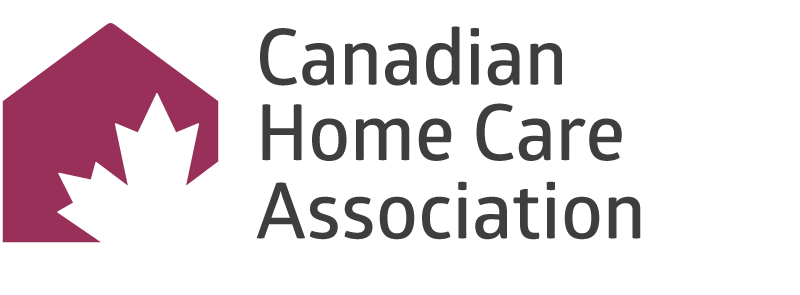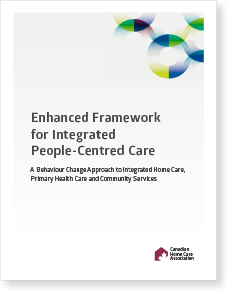INTEGRATED HOME, PRIMARY CARE
AND COMMUNITY SERVICES
Integrated care improves quality of life, patient satisfaction, and health outcomes while reducing service duplication and enhancing system efficiency. Integrating home care, primary health care, and community services is essential for delivering high-quality care, especially for individuals with complex chronic conditions, such as seniors with frailty. This approach ensures better coordination, timely support, and a more seamless experience across the care continuum.


